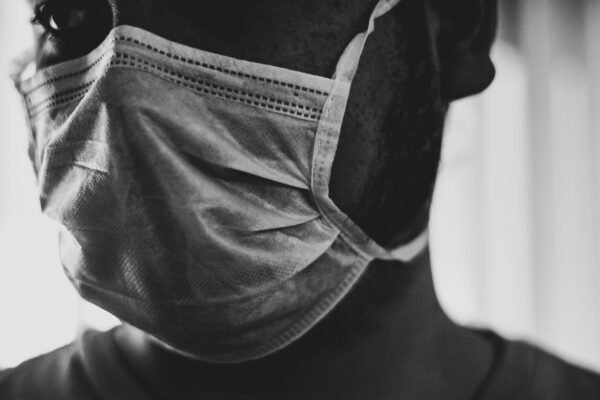It’s official: Asian, Black, and Latinx Iowans are being disproportionately impacted by the COVID-19 pandemic.
According to race and ethnicity data on COVID-19 released by the Iowa Department of Public Health, as of May 11, Asian and Pacific Americans make up about 3 percent of Iowa’s total population, but 10 percent of total cases and 3 percent of deaths. Black people make up about 4 percent of Iowa’s population, but 13 percent of positive cases and 6 percent of deaths. Latinxs make up about 6 percent of Iowa’s population, but 24 percent of positive cases and 6 percent of deaths.
We are profoundly concerned about these numbers. COVID-19 is ravaging our entire state, but Asian, Black, and Latinx Iowans are disproportionately testing positive for the disease. Black Iowans are also dying at a disproportionate rate from COVID-19.
In this time of crisis, the systemic and pervasive discrimination throughout our society isn’t going away. Latinx, African, and Asian immigrants and refugees are often the essential workers on the frontlines of the COVID-19 pandemic, like meatpacking and ag processing plants, grocery stores, warehouses, and health care facilities.
Because of systemic racism that can start as early as preschool and persists throughout life, people of color are more likely to work for employers that only offer low-wage, low-benefit jobs. Many can't choose to stay home and social distance.
Many of these workers also do not have health insurance, sick leave, or savings. That means that even workers with symptoms may have no real choice but to show up at work, because without a paycheck they might not be able to pay rent, buy groceries, or pay for other necessities.
In large part, because of systemic racial and economic disparities in healthcare and access to healthy, convenient, affordable food, Black and brown communities also have higher rates of underlying chronic conditions like asthma, diabetes, and heart disease. Underlying conditions make Black and brown Iowans both more vulnerable to contract COVID-19 and to have a more severe case of the disease.
With this in mind, our state-level response to the COVID-19 pandemic must address these deep-rooted racial injustices. It’s up to our lawmakers and other stakeholders to ensure that this happens.

